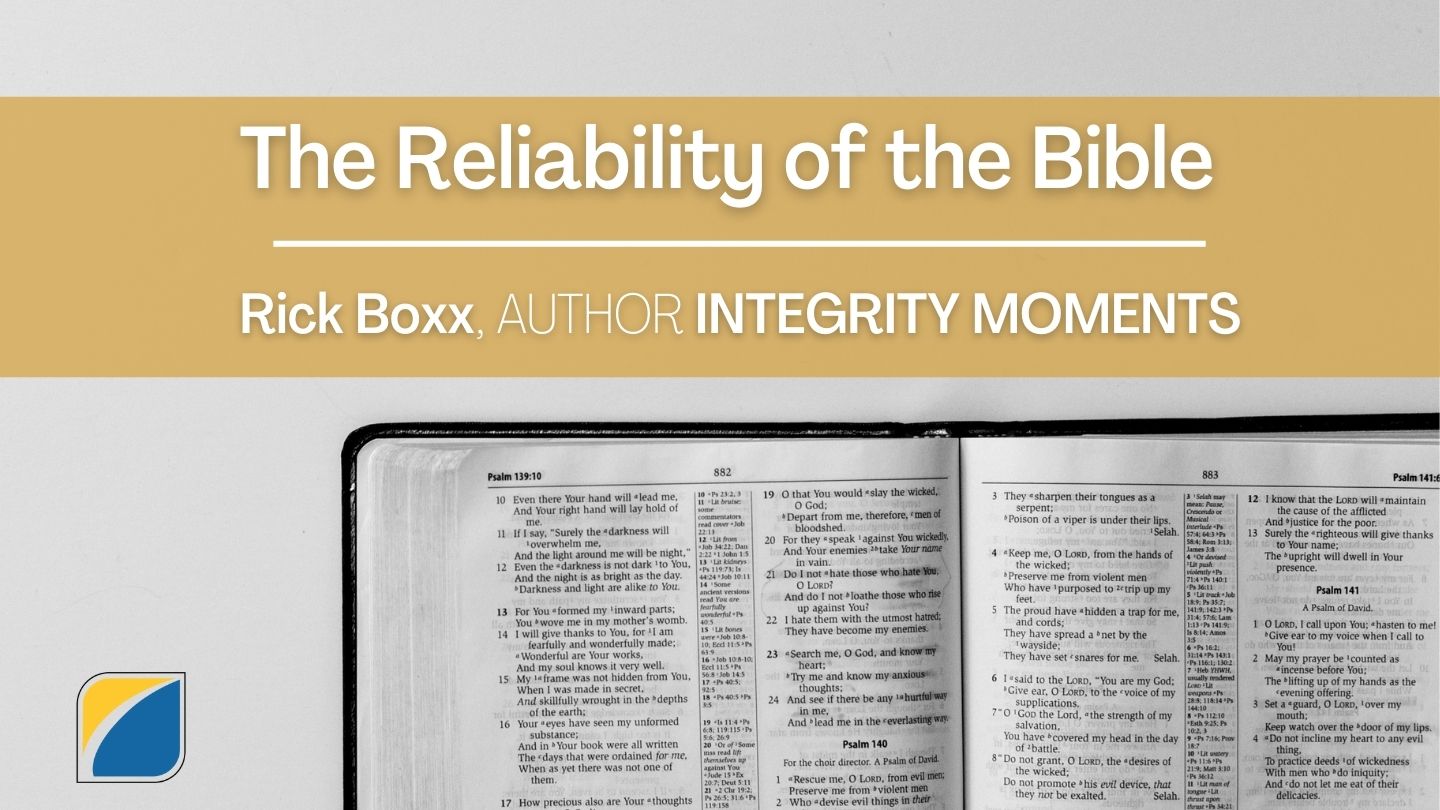Plan Info
The Reliability of the BibleSample

The Reliability of the Bible: Part III
In this series, we’re discussing the reliability of the Bible, using the MAPS acronym from Hank Hanegraaff. Last time we discussed manuscripts, today we’ll discuss archaeology.
Hank tells the story of a biblical skeptic named Sir William Ramsay. Trained as an archaeologist, Ramsay set out to disprove the historical reliability of the book of Luke.
However, Ramsay became a Christian as — one after another — the historical statements of Luke were proved accurate through archaeology.
Recently, archaeologists discovered King Manasseh’s palace, proving his existence. Over the years, skeptical archaeologists have been proven wrong when they have disputed the Bible.
Psalm 18:30 teaches, “This God—his way is perfect; the word of the Lord proves true.”
God’s Word is trustworthy and true. Just ask those archaeologists who have tried to prove otherwise.
Questions for Reflection
- What do you find in the Bible that makes you skeptical? And have you ever taken the time to investigate your questions?
- What stops you from trying to reconcile any lingering doubts you may have?
- Is there a space within your business that allows employees or customers to ask challenging questions and receive honest answers? If not, how might you cultivate one?
Scripture
About this Plan

Since the vision of Unconventional Business Network is one million business leaders modeling biblical principles in their workplace, the authority and reliability of the Bible are foundational to UBN. What do you think a...
More
We would like to thank Unconventional Business Network for providing this plan. For more information, please visit: https://unconventionalbusiness.org/
Related Plans

Making the Most of Your Summer

Peace in an Anxious World

Habakkuk: God Is Just | Video Devotional

Lord's Prayer: Lead Us Not Into Temptation

The Book of Jonah: When God’s Purpose Isn’t in Your Plans

Wisdom for Work From David

Strengthening Your Family Through Shared Purpose

The Power of a United Family Vision

Transforming Your Family's Vision into Reality

